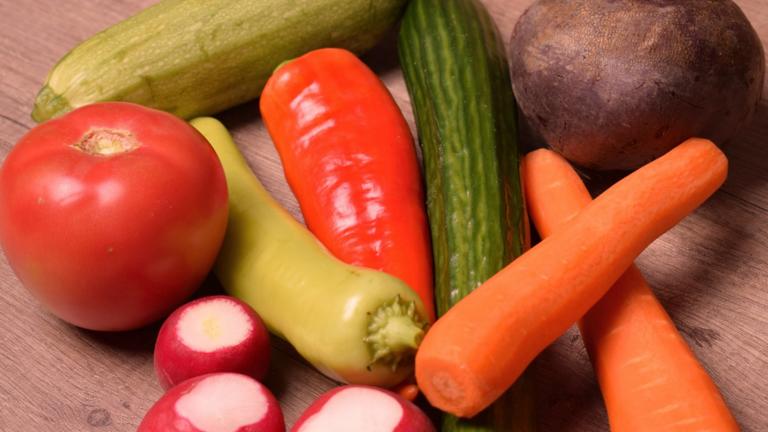A graduate’s journey integrating Eastern contemplative wisdom with Western depth psychological frameworks.

The Best Foods to Support Gut Health and Good Bacteria
A CIIS Integrative Health Studies M.A. grad explains how to nourish your microbiome with gut-friendly, plant-based foods.
Everything we do either supports our good gut bacteria cells or causes unhealthy bacteria cells to rise. Our bodies are much more than a system of organs and blood vessels; we carry more bacteria cells in our bodies than anything else. It's crucial that these cells are largely made of good bacteria versus bad bacteria to support our gut health, immunity, and overall state of well-being.
One of the most important factors in caring for our bodies is to eat a diet that builds diversity in our gut microbiota. The microbiota plays a central role in immunity, digestion, inflammation, and cell proliferation, and is capable of communication with all our organs and bodily systems, like the brain and central nervous system. Unhealthy bacteria levels get out of hand and grow when we eat foods with antibiotics that destroy our good bacteria cells, foods like factory-farmed meats or highly processed packaged foods, or foods coated with pesticides. One of the most beneficial things you do to support your microbiota and head toward long-term health is to eat more whole plant-based foods.
Here is a list to get you started to feed your microbiota:
- Fiber: Fruits, vegetables, legumes, and whole grains. Variety and lots of color are key.
Benefits: Regulates and maintains bowel health.
Serving: Aim for 50 grams per day. - Probiotics: Found in clean yogurts and fermented foods and beverages.
Benefits: Provides "good bacteria" to your gut.
Serving: At least one serving per day. - Prebiotics: Includes honey, bananas, onions, and leeks.
Benefits: Serves as food for the "gut-promoting" probiotics.
Serving: Try to pair prebiotics with probiotics, one serving per day.
Eat more whole plant-based, unprocessed food in place of animal-based and processed food options whenever you can, and when possible choose organic--or grow some of your own--so you're not putting large amounts of pesticides, chemicals, and other unnatural ingredients in your body that don't support your microbiome. When you make these simple changes, everyone wins: the planet, animals, and you, along with the trillions of bacteria cells you coexist with daily.

Integrative Health Studies
Equipping students to support clients in making lasting transformation
Related News
Dr. Karim Dajani, M.A. '95, Integral Counseling Psychology, joined Clinical Psychology’s annual spring conference to explore the social unconscious in the work of Wilfred Bion.
Transformative Leadership alum Cynthia Huie, M.A. '24, brings creativity and connection to the San Francisco small-business community.



